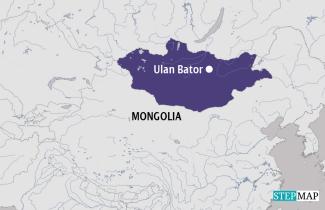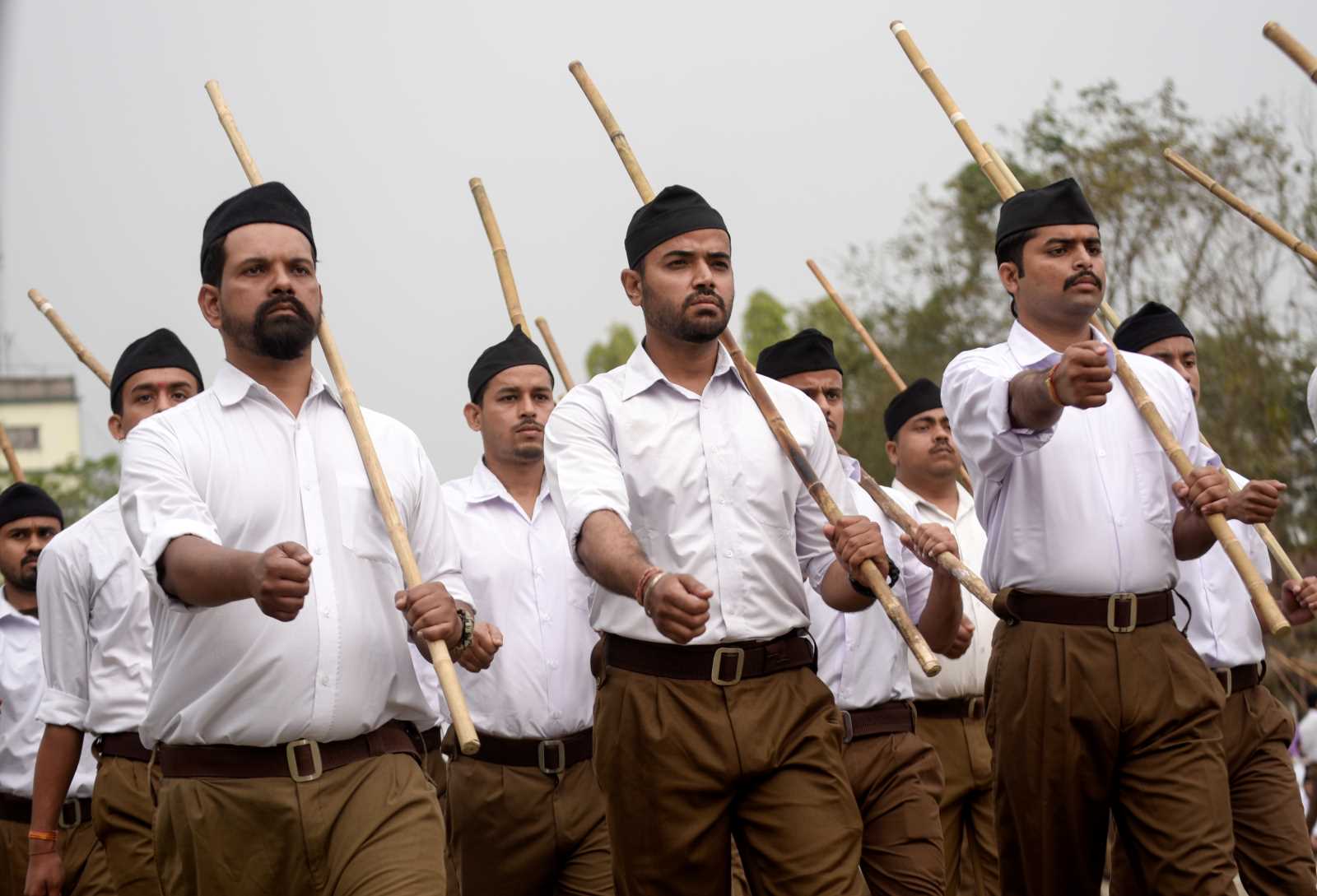DW Akademie
Self-regulating Mongolian media industry

Mongolia started the peaceful transition to parliamentary democracy in 1990, as the Soviet bloc was disintegrating. An unprecedented media boom came next. Today, the nation of 3.2 million people has more than 450 broadcasting channels and print periodicals.
According to Reporters without Borders (RSF – Reporters sans Frontières), the international non-governmental journalists’ organisation, almost 75 % of these media operations are controlled by politicians or people with close ties to politicians. Typically, the outlets serve a political agenda. The way they mix reporting and propaganda can be quite problematic.
The mission of DW Akademie
DW Akademie is Germany’s biggest media development organisation. Its work is geared to promoting the human rights both to access information and express one’s views freely (see Jörg Döbereiner on www.dandc.eu). These rights are spelled out in Article 19 of the International Covenant on Civil and Political Rights. DW Akademie works on behalf of Germany’s Federal Ministry for economic cooperation and development (BMZ – Bundesministerium für wirtschaftliche Entwicklung und Zuammenarbeit), but also gets assignments from the German Foreign Office, the European Commission and other donor institutions. It runs projects in about 50 developing countries and emerging markets.
Editorial independence was the core topic of DW Akademie’s long-term project in Mongolia from 2013 on. In cooperation with the Friedrich Ebert Foundation, which is close to Germany’s Social Democrats, the DW Akademie also helped to establish the Media Council of Mongolia (MCM) in 2015. The MCM is a private institution for the self-regulation of the media sector; it follows the European model. “A dream came true,” says Gunjidmaa Gongor. As co-founder of the MCM, she is currently its director. In her eyes, action had to be taken to safeguard professional ethical standards and media work because too many journalists were willing to support PR campaigns or suppress news when bribed to do so.
The MCM adopted a national ethics code and established a complaint mechanism. It appointed journalists, owners of media houses and representatives of civil society to its ethics commission, which has dealt with 500 complaints since 2015. Its decisions are public – and well argued.
Police officers assessing media work
There have been unplanned side effects. In 2017, Mongolia’s parliament decided that insults and other so-called honour delinquencies are misdemeanours which the police should prosecute. The implication was that police officers were suddenly assessing journalists’ criticism of people with great influence. This was outrageous, says Gongor. She points out that police officers are not qualified to weigh the personal rights of powerful people against the fundamental freedom of speech.
The MCM expressed its opposition to this rule in very clear terms. Two years later, the law was changed again, which showed that the MCM had become an important player in the public arena. In the course of the Covid-19 pandemic, there was some backsliding in regard to press freedom. The government made it illegal to rely on non-governmental sources in the coverage of the crisis. For the first time since 1990, something like censorship happened. The MCM documented cases and spoke out against them in a series of official statements.
The good news is that the MCM and the DW Akademie launched a project to resolve this conflict in early 2021. It relies on funding from the BMZ’s Global Crisis Initiative. Today, new “Crisis Communication Chapter” allow journalists, governmental experts and civil-society organisations to test new channels and formats of crisis communication. On this basis, free speech and press freedom can be safeguarded in future crises.
Sheila Mysorekar is a freelance journalist and a senior consultant for DW Akademie.
sheila.mysorekar@dw.com










